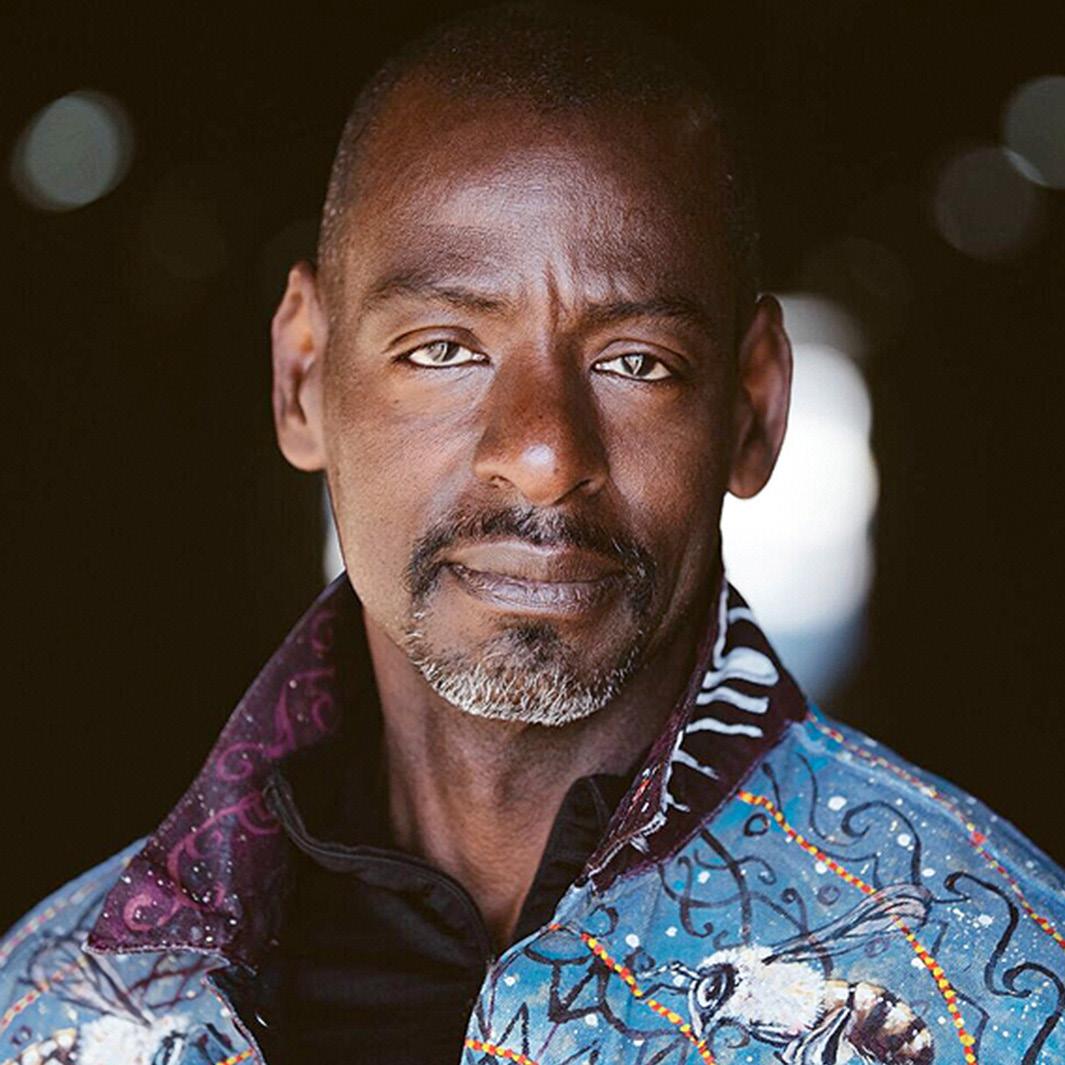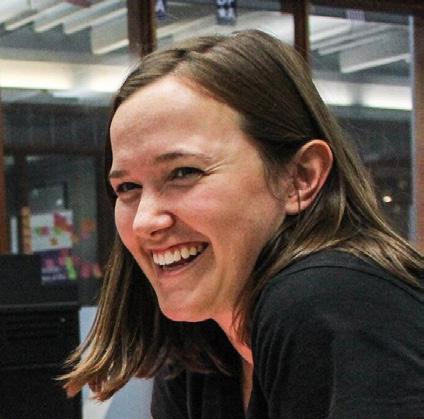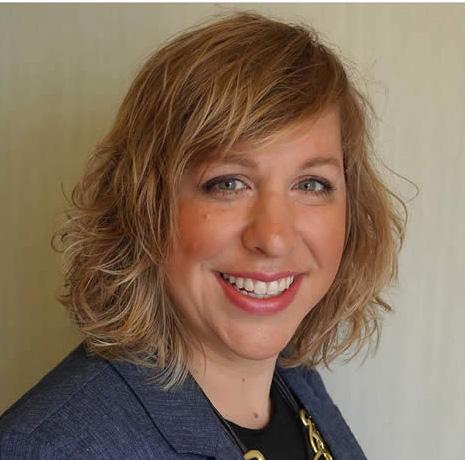RON FINLEY

This event is being recorded and photographed. By entering the event premises, you consent to such recording media and its release, publication, exhibition or reproduction.


This event is being recorded and photographed. By entering the event premises, you consent to such recording media and its release, publication, exhibition or reproduction.
A generous commitment from Manitou Fund to the University of Minnesota’s College of Design honors the memory of distinguished alumnus Christopher Arthur Kusske (BLA ’78).
The Kusske Design Initiative (KDI) honors his legacy through widely inclusive events and collaborations among a growing community of broadminded designers. Chris’s emphases on interdisciplinary dialogue, co-creativity, and celebration of the natural world inspire solutions for planetary-scale issues. By combining values of ecological stewardship with the disciplinary spectrum that forms the college’s DNA, KDI programs and inquiries have transformative potential for the products we use and the environments we inhabit.
Learn more about KDI at z.umn.edu/kusske.
A program of the Kusske Design Initiative, the Kusske Lecture & Dialogue Series brings renowned design practitioners and thought leaders to the College of Design to consider humanity’s most pressing issues and advance dialogues across disciplines, aiming to generate solutions for a radically changing world.
Carol Strohecker
Dean of the College of Design
Allen Kolkowitz
KDI advisor and co-founder of KOLKOWITZ KUSSKE
Ron Finley
Fashion designer, urban gardener, artivist
Carlye Lauff, moderator
KDI Co-Principal; Assistant Professor and Graduate Program Director, Product Design
Ron Finley
Fashion designer, urban gardener, artivist
Linsey Griffin
KDI Co-Principal, Assistant Professor of Apparel Design, and Co-Director of the Human Dimensioning Laboratory
Terresa Moses
Director of Design Justice and Assistant Professor of Graphic Design
Most widely known as the “Gangsta Gardener”, Ron Finley inadvertently started a “Horti-Cultural” revolution when he transformed the barren parkway in front of his South Central Los Angeles home into an edible oasis. Ron unexpectedly became one of L.A.’s most widely known artivists.
Frustrated by his community’s lack of access to fresh, organic food, Finley started a revolution when he turned the parkway in front of his home into an edible garden in 2010. Ron’s goal was simple: bring healthy food to an area where there was none, making him see first hand how gardens build community and change people’s lives. This experience blossomed into a quest to change how we eat and to teach youth that they have the capacity to design the life they want to live, not the one that’s been designed for them.

Carlye Lauff’s research is in design theory and methodology. She studies how designers engage in the product development process and then improves tools and methods to support them. Carlye works at the intersection of multiple disciplines including engineering, product design, education, management science, and the social sciences. She often draws on qualitative and mixed-methods research and collaborates across diverse disciplines. Carlye earned her Ph.D. from the Department of Mechanical Engineering at the University of Colorado Boulder, as a National Science Foundation Graduate Research Fellow studying the role of prototypes in companies.

Linsey Griffin specializes in the development of wearable health and safety products. She has conducted research with organizations including the UMN Medical Center, Park Nicollet Health Services, 3M, and NASA. Her perspectives are informed by eight years of international apparel industry experience in the United States, England, South Korea, India, and Spain. She holds a Ph.D. and M.S. in apparel studies and a B.S. in textile and apparel design.

Terresa Moses is dedicated to the liberation of Black and brown people through art and design. As a designer and illustrator, her work focuses on race, identity, and social justice. She advocates for positive change in her community using creativity as a tool of community activism. Her research interests include the creation of spaces to educate, connect, and empower Black women about their natural hair and self-identity and Racism Untaught, a curriculum model that reveals “racialized” design and helps create antiracist concepts through the design research process. Terresa holds a Ph.D. in social justice education, a M.F.A in design research, and a B.F.A. in fashion design.
 Presented by Supported by
Presented by Supported by